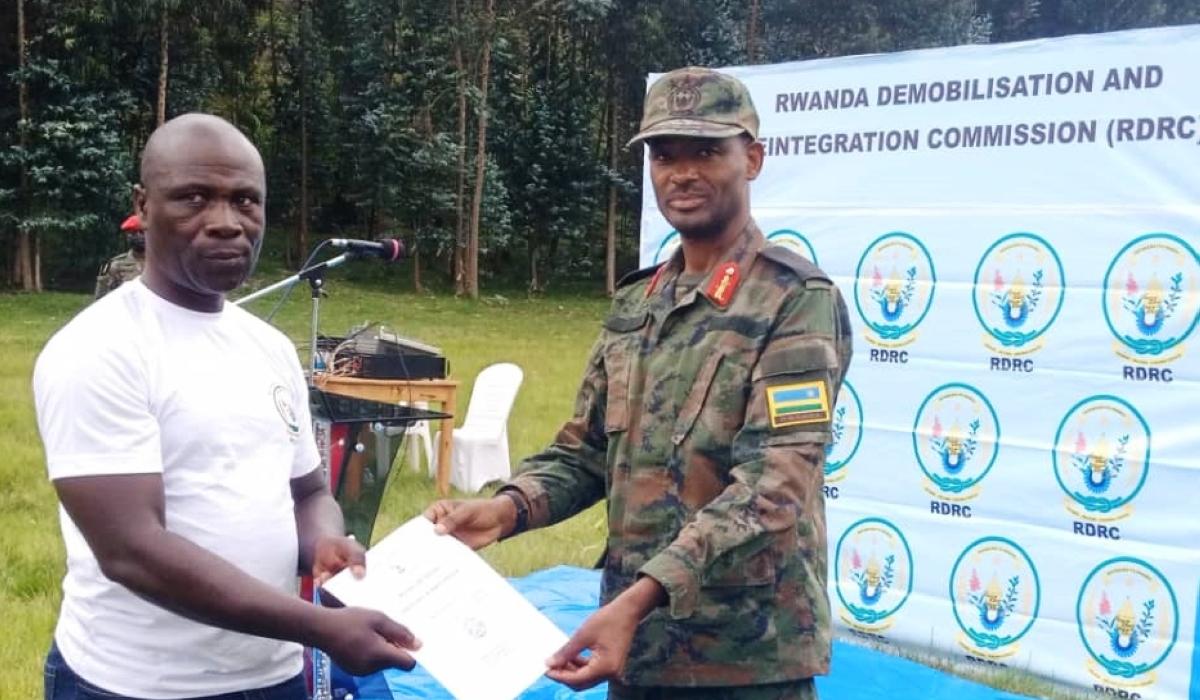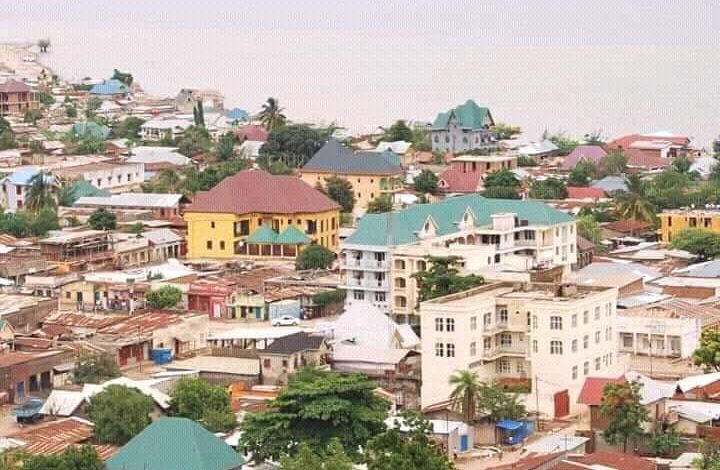Since 2001, Rwanda has led a concerted effort to demobilize and reintegrate former combatants of the DRC-based Rwandan genocidal militia, FDLR, spearheaded by the establishment of Mutobo Demobilization and Reintegration camp.
Under the broader mandate of the Rwanda Demobilization and Reintegration Commission (RDRC), the program has played a crucial role in facilitating the return of thousands of ex-fighters to civilian life, aiming to foster national reconciliation and long-term stability.
Ex-combatants go through a process of demobilization that includes medical support, psychosocial screening, and counseling. The RDRC also provides training and classes to support the former soldiers as they reintegrate into Rwandan society.
The most vulnerable ex-combatants, along with all female and children former combatants, are eligible to receive two years of formal education, vocational training, or apprenticeship training who after the two years return to their families.
“My family embraced me with open arms,” said Daniel Rumazimisi, a returnee now living in Karongi District. “I found my sisters at home. I thank the leadership for the peace we enjoy today. I urge those still in the jungles to come home Rwanda is a nation of dignity and kindness.”
Rumazimisi added that lessons from the demobilization process are already shaping his perspective on life:
“I learnt that dignity comes from using one’s own hands. We must stop relying on others and think creatively about how to earn a living. We were encouraged to form cooperatives and make good use of the reinsertion packages we’re about to receive.”
Among other key achievements has been the establishment of a Centre of Excellence for Demobilization and Reintegration at Mutobo modern communication equipment, a library and a documentation unit.
The center has attracted national, regional and international actors ranging from diplomats, politicians, media outlets, researchers, to students interested in all matters related to cross-border DDR in the great lakes region of Africa.
Communication and sensitization plays a pivotal role in the RDRC reintegration process. Over the past year, it has deployed print, audio, visual and electronic communication tools to enhance public awareness on RDRC program activities of demobilization and reintegration of ex-combatants into the Rwandan society.
The RDRC has achieved most of its targets in terms of contribution to the reconciliation process, regional peace, reduction of insecurity in DRC, reduction in GBV and socio-economic reintegration of ex-combatants.
All ex-combatants are living peacefully and actively in communities together with other members. The vulnerable groups (women, children, disabled/chronically ill and elderly) are given special care. Every ex-combatant has free choice of where to settle within Rwanda, as well as freedom to move.
Ex-combatant private Karemera Eduard and his family first arrived at Mutobo Demobilization Center in late 2016. Karemera had left Rwanda at the age of 4 in the 1990s and grew up to become part of the armed groups operating in the conflict-infested treacherous jungles of the DRC. When opportunity arose to return home, he was among those who volunteered to repatriate under the RDR Program in 2016.
In mid-May, the 74th Phase completed the reintegration course, bringing the total number of former combatants reintegrated into Rwandan society to over 12,000.


